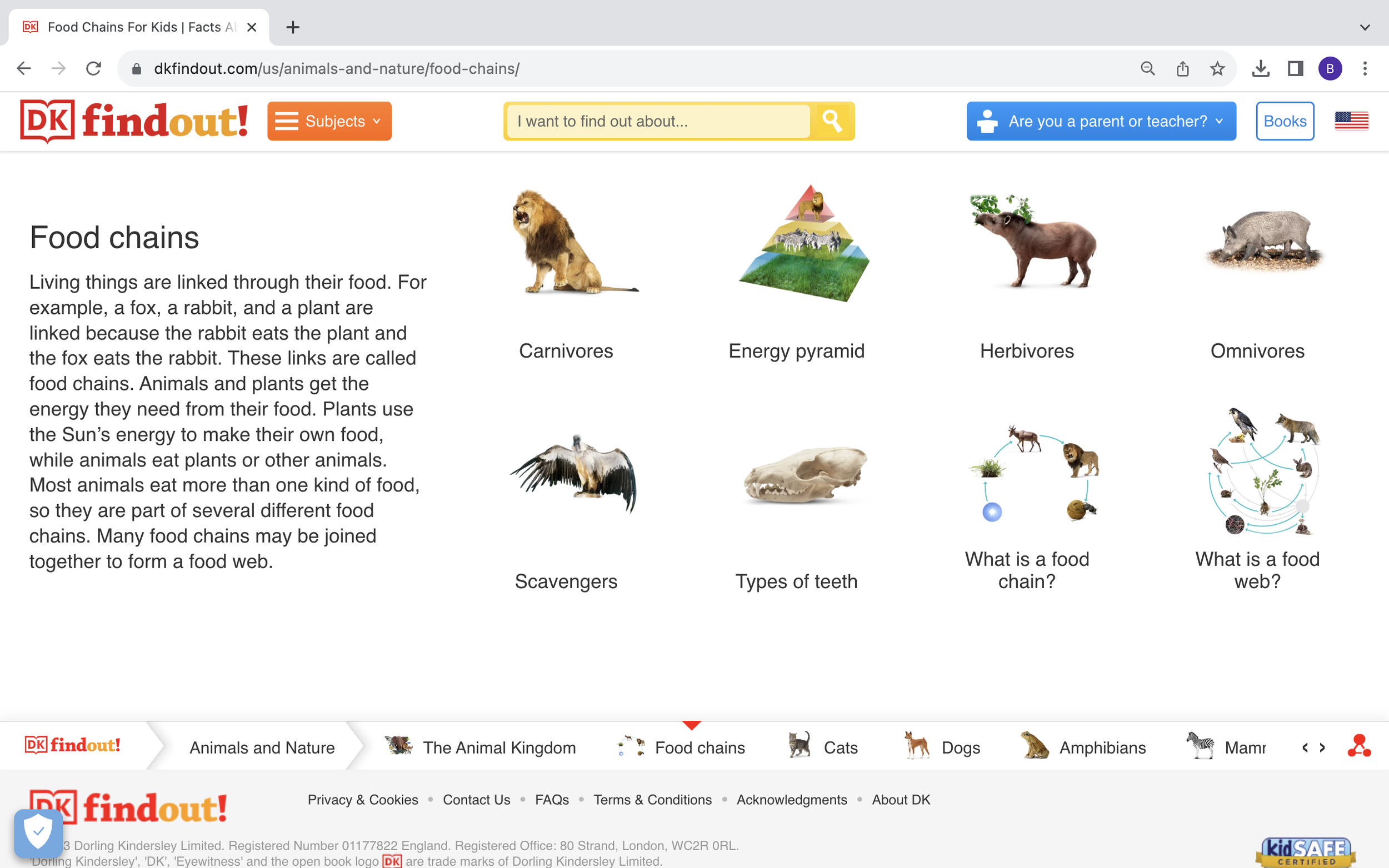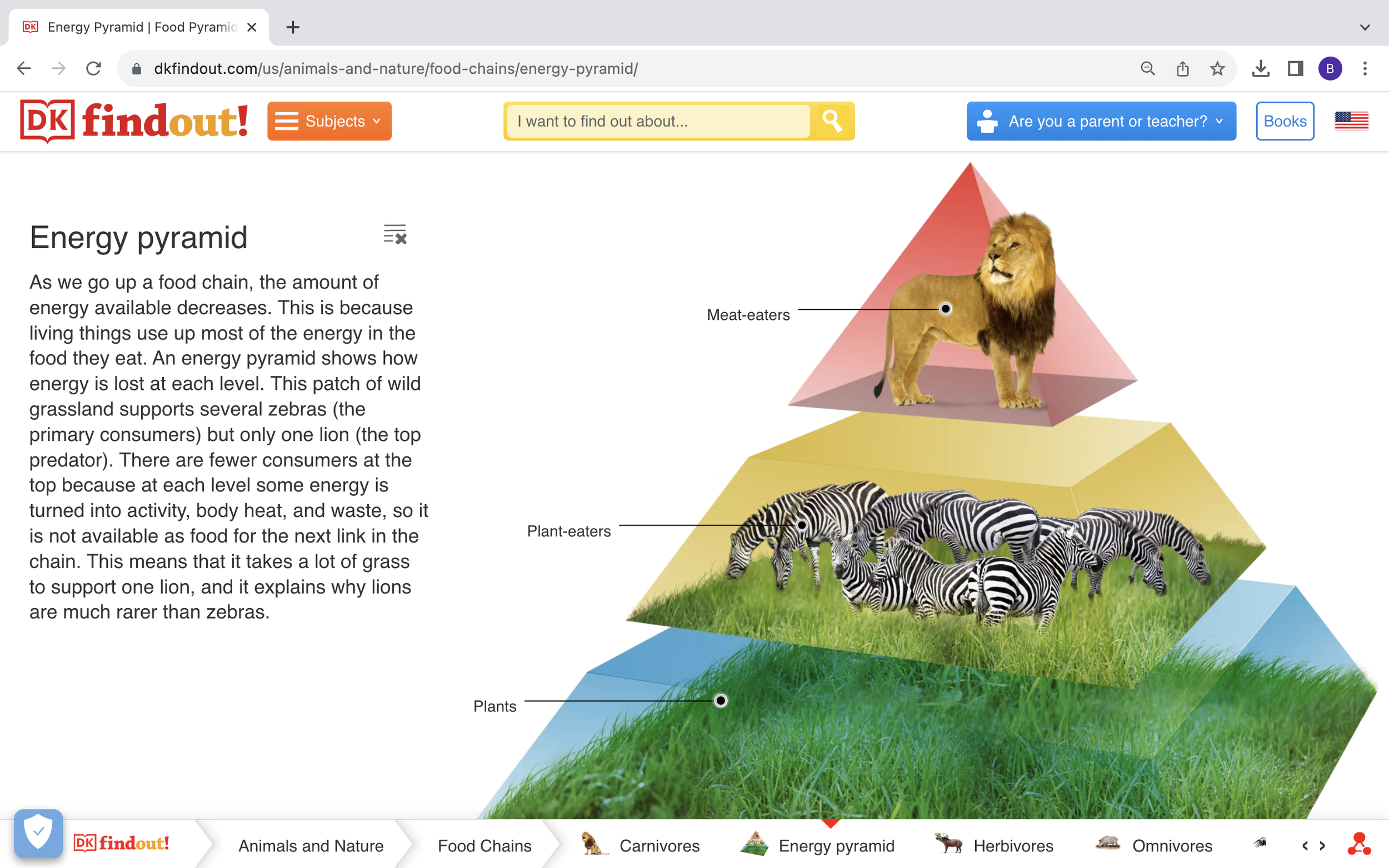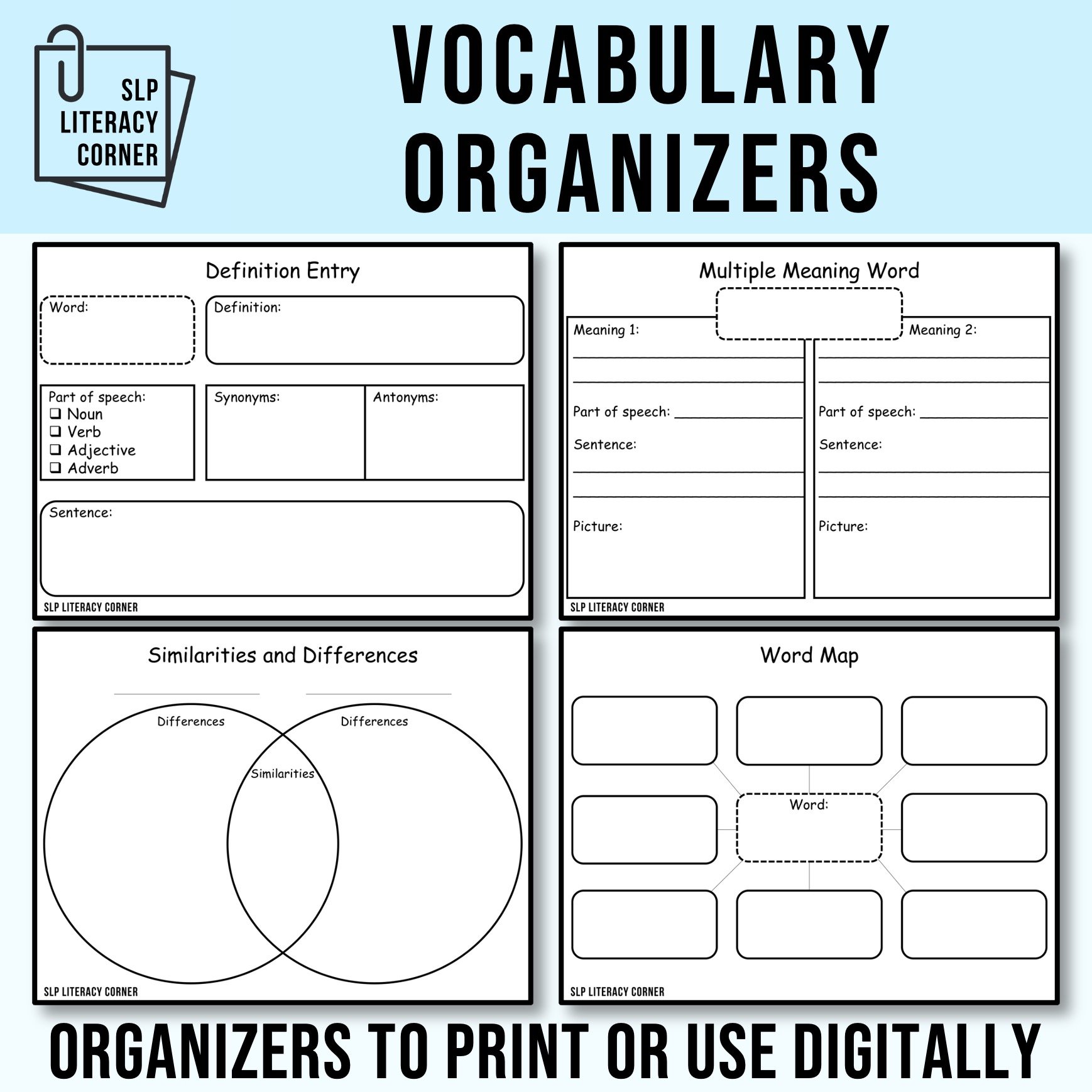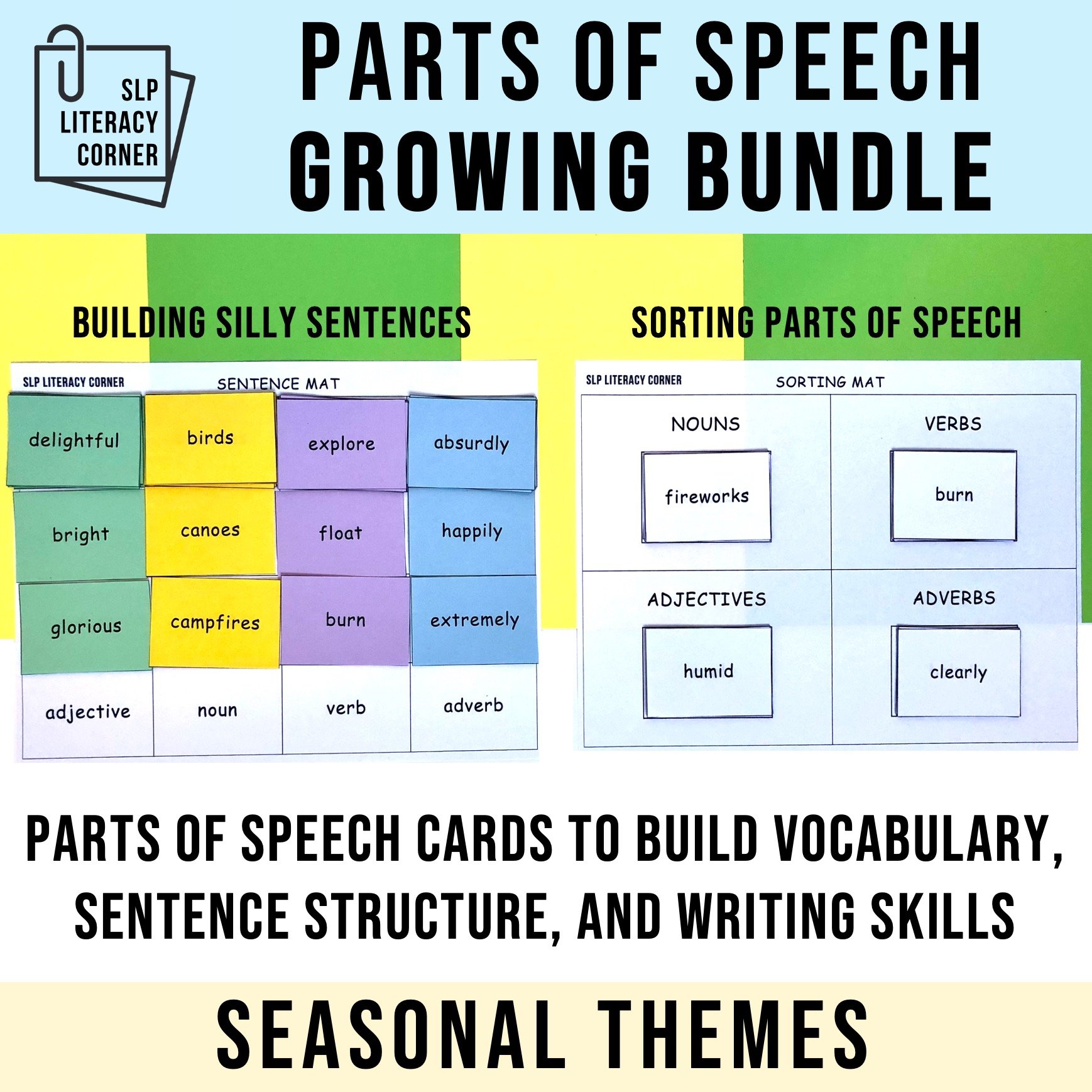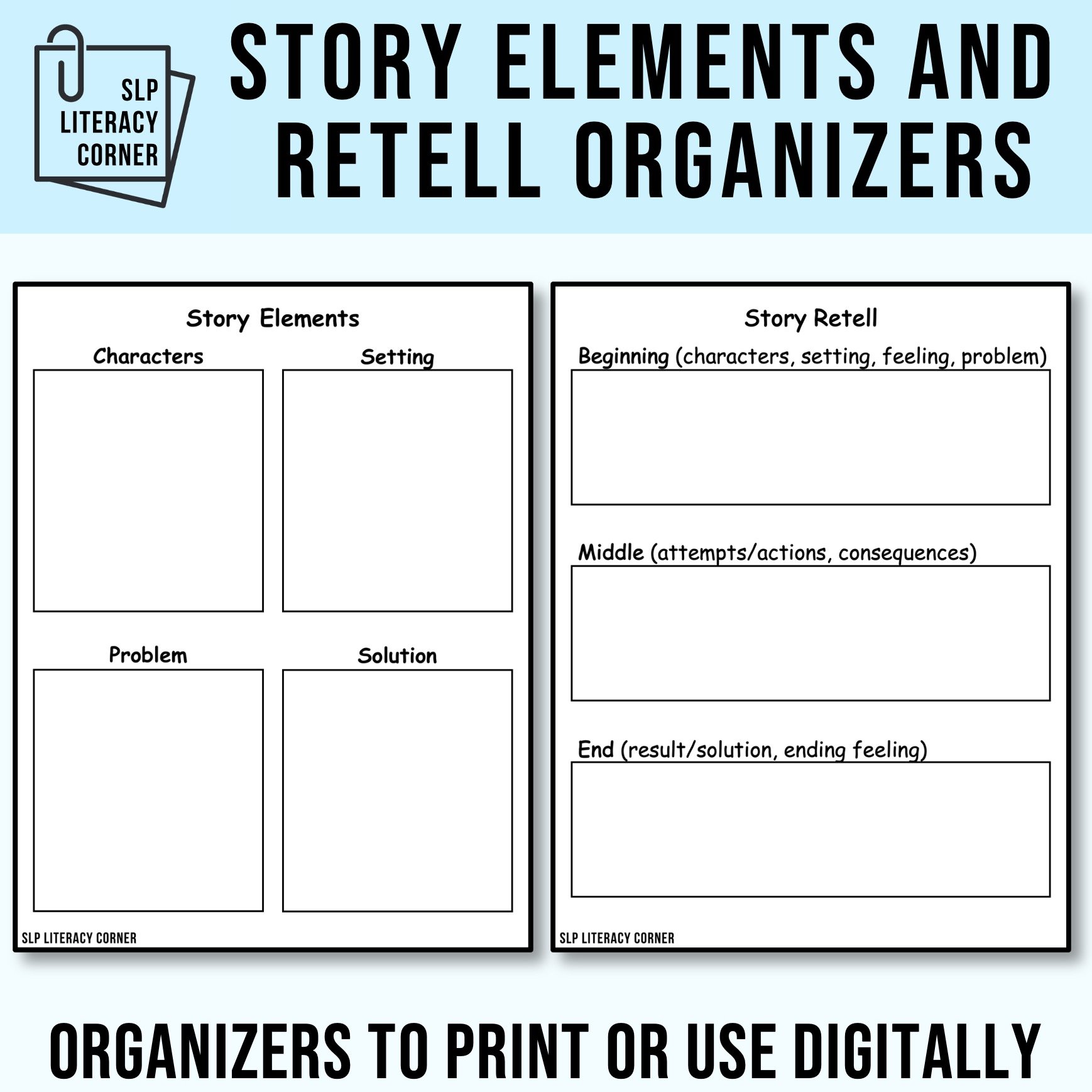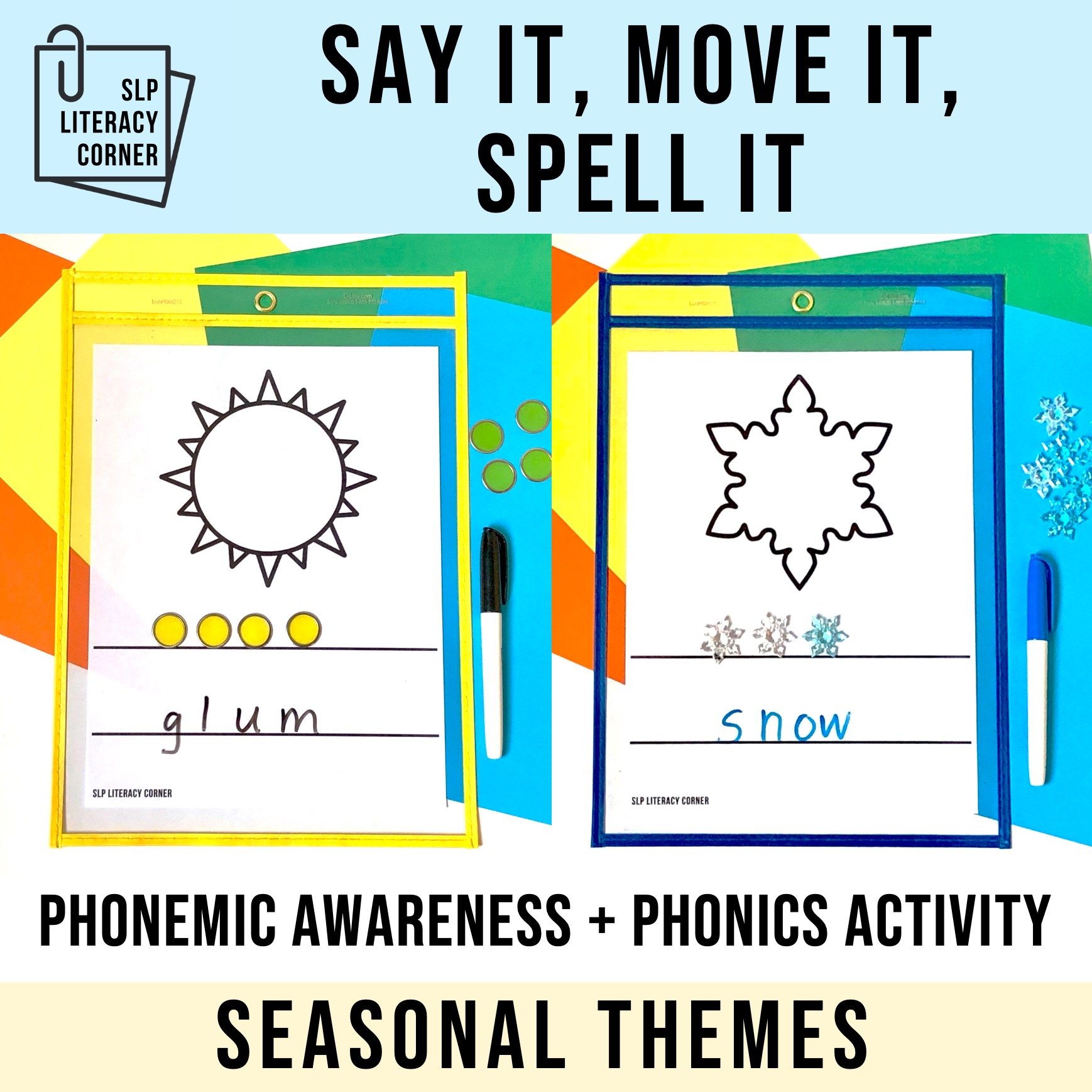Websites for Literacy - DK Find Out!
Written by: Brianna Guild, MHSc SLP(C)
Date: September 8, 2023
Update: Sadly the DK Find Out! website closed down in 2024. Learn more here.
DK Find Out! is my favourite online interactive encyclopedia for students. With school back in session, you’ll want to bookmark this website for nonfiction text reading, research for projects and more! I use DK Find Out! to encourage students to explore a variety of topics while working on our literacy goals.
1. Phonological Awareness
- Syllable awareness: Build syllable awareness by orally segmenting multisyllabic words into syllables. This syllable segmentation is a key skill for spelling! For example, breaking down the word carnivore into 3 syllables, car - ni - vore. Make it multisensory by using tokens to count syllables or letter tiles to build each syllable.
- Phonemic awareness: Select words from the text that are relevant to your phonics instruction (either your current focus or review of previously taught skills) to use for phonemic awareness tasks such as phoneme blending, segmenting, or manipulating.
2. Phonics
- Spelling rules: As the student reads a passage, have them identify words containing the sounds or spellings a they are learning and/or reviewing learning (e.g., for the “long a” sound - chain, explain, available). Extend the activity after reading by having them spell these words and/or write a sentence for each word.
- Phonics word sorts: After reading, give students a set of words from the text that have something in common, and ask them to sort the words by their common feature (e.g., long a words versus short a words, or ai vowel team versus ay vowel team).
3. Vocabulary
- Building vocabulary: Your students are sure to come across new words as they explore DK Find Out! Help them build their vocabulary by creating a definition entry for new words, completing compare and contrast Venn diagrams, or filling out word/concept maps. Grab some vocabulary organizers here.
- Vocabulary word sorts: After reading, give students a set of words from the text that have something in common, and ask them to sort the words by their common feature (e.g., words related to carnivores versus words related to herbivores).
4. Reading Fluency
- Repeated reading: Use your students’ favourite DK Find Out! passages for repeated reading practice. There are many benefits to repeated reading including improved comprehension, recalling facts from the reading, more sophisticated questioning and insights, and more efficient reading with greater word recognition accuracy.
- Phrasing: Encourage fluency through phrasing by helping students separate texts into phrases. For example, the sentence “Animals and plants get the energy they need from their food” can be broken down into the phrases “Animals and plants / get the energy they need / from their food.” This is one strategy to support students who need assistance with moving beyond word-by-word reading.
5. Reading Comprehension
- Activate background knowledge: Before reading, support students with activating their background knowledge by asking them what they already know about the topic (e.g., what do they know about food chains?). You may have this discussion orally, or support them with making jot notes about what they already know and what information they would like to learn about the topic.
- Nonfiction text features: DK Find Out! is an excellent website to introduce students to informational texts and nonfiction text features (e.g., headings, photographs, captions, labeled diagrams).
- Answer questions: Ask students questions after they read a passage to monitor their comprehension. There are also interactive quizzes you can do after reading some topics.
6. Writing
- Informative paragraph writing: DK Find Out! is my favourite website to use when students need to research topics for informative paragraphs. Teach them how to collect information for their paragraph writing by using the search bar to find relevant passages, making jot notes during or after reading their selected passages, and completing paragraph writing organizers as needed.
Join the SLP Literacy Corner email newsletter to get access to exclusive free resources, such as handouts with activity ideas for your literacy lessons. Sign up here!



